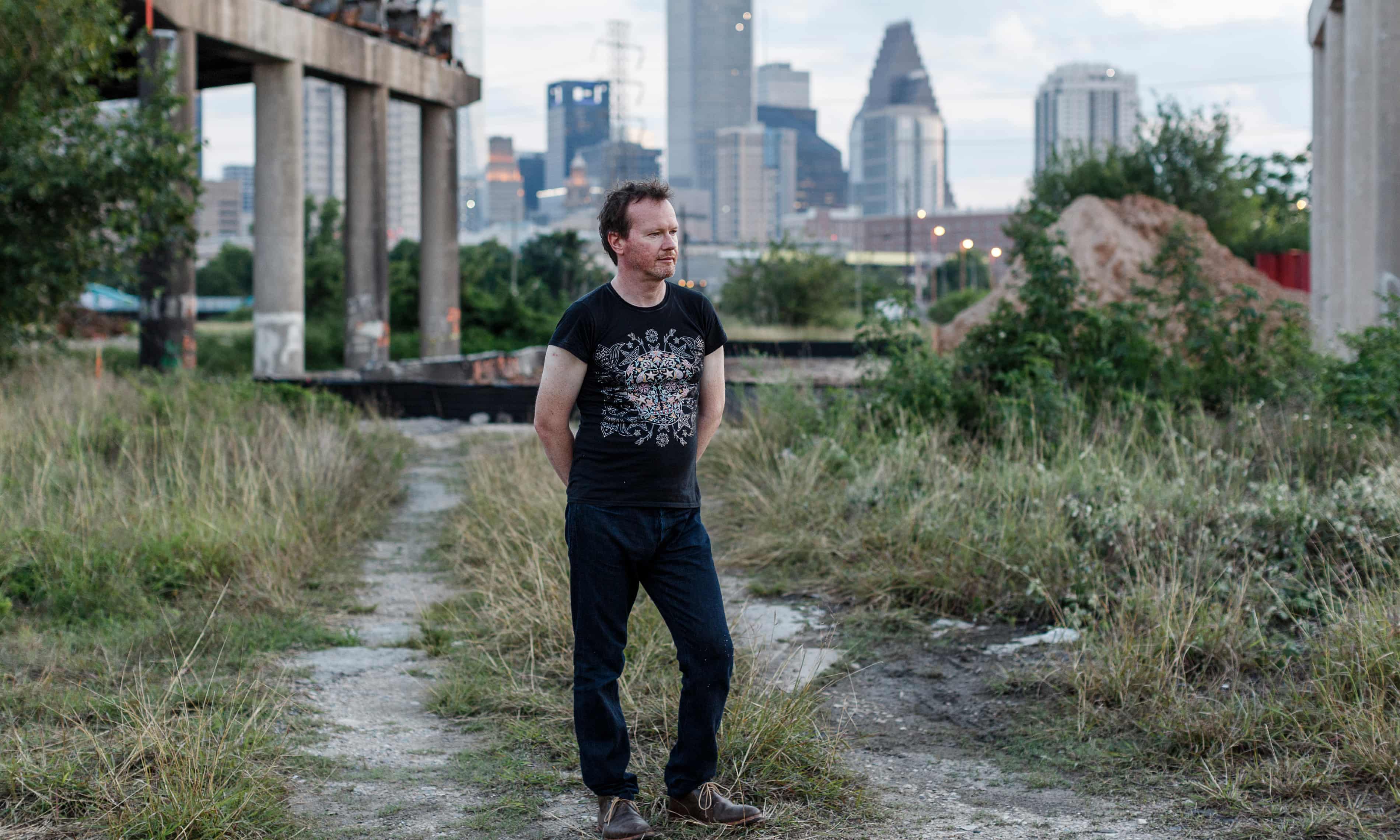The Guardian has a longread on the US-based British philosopher Timothy Morton, whose work combines object-oriented ontology and ecological concerns. The author of the piece, Alex Blasdel, discusses how Morton’s ideas have spread far and wide—from the Serpentine Gallery to Newsweek magazine—and how his seemingly bleak outlook has a silver lining. Here’s an excerpt:
Morton means not only that irreversible global warming is under way, but also something more wide-reaching. “We Mesopotamians” – as he calls the past 400 or so generations of humans living in agricultural and industrial societies – thought that we were simply manipulating other entities (by farming and engineering, and so on) in a vacuum, as if we were lab technicians and they were in some kind of giant petri dish called “nature” or “the environment”. In the Anthropocene, Morton says, we must wake up to the fact that we never stood apart from or controlled the non-human things on the planet, but have always been thoroughly bound up with them. We can’t even burn, throw or flush things away without them coming back to us in some form, such as harmful pollution. Our most cherished ideas about nature and the environment – that they are separate from us, and relatively stable – have been destroyed.
Morton likens this realisation to detective stories in which the hunter realises he is hunting himself (his favourite examples are Blade Runner and Oedipus Rex). “Not all of us are prepared to feel sufficiently creeped out” by this epiphany, he says. But there’s another twist: even though humans have caused the Anthropocene, we cannot control it. “Oh, my God!” Morton exclaimed to me in mock horror at one point. “My attempt to escape the web of fate was the web of fate.”
The chief reason that we are waking up to our entanglement with the world we have been destroying, Morton says, is our encounter with the reality of hyperobjects – the term he coined to describe things such as ecosystems and black holes, which are “massively distributed in time and space” compared to individual humans. Hyperobjects might not seem to be objects in the way that, say, billiard balls are, but they are equally real, and we are now bumping up against them consciously for the first time. Global warming might have first appeared to us as a bit of funny local weather, then as a series of independent manifestations (an unusually torrential flood here, a deadly heatwave there), but now we see it as a unified phenomenon, of which extreme weather events and the disruption of the old seasons are only elements.
It is through hyperobjects that we initially confront the Anthropocene, Morton argues. One of his most influential books, itself titled Hyperobjects, examines the experience of being caught up in – indeed, being an intimate part of – these entities, which are too big to wrap our heads around, and far too big to control. We can experience hyperobjects such as climate in their local manifestations, or through data produced by scientific measurements, but their scale and the fact that we are trapped inside them means that we can never fully know them. Because of such phenomena, we are living in a time of quite literally unthinkable change.
Image of Timothy Morton via The Guardian.
